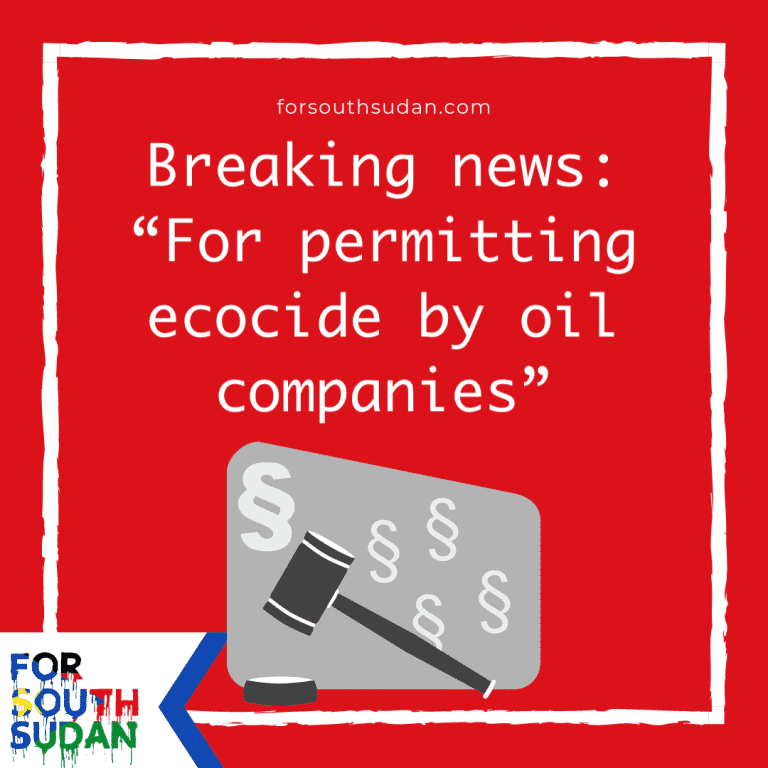we defy repression!!
February 11, 2019
In January, the government of South Sudan‘s media authority prohibited the country’s media from covering the unrest sweeping Sudan. Its people are rising against the corrupt, unjust and ineffective government of president Omar al-Bashir.
Specifically targeted was the Arab-language “Al-Wathan”. This Arabic-language newspaper had published articles that took critical looks at the al-Bashir regime. It was then subjected by the media authority to a “gag order” – as the international Committee to Protect Journalists described it – and ordered to apologize.
Led by Michael Christopher, its editor-in-chief, Al-Wathan refused.
The newspaper’s defiance is being widely supported by South Sudan’s leading journalists.
Among them: Atem Simon Mabior Ajaang. He has stated that the local media is not bound to adhere to the decree issued by the media authority.
Atem Simon Mabior Ajaang adds: “Covering the unrest is our duty. No one can be permitted to monopolize the truth. Those most affected by the decree are the Sudanese living in Juba.
Calling the government’s interference in the media a “disaster that will affect the future of the media and of freedom of expression in South Sudan,” Atem Simon Mabior Ajaang points out that such gag orders are part of a general move towards repression. This is especially pronounced on the regional level, where the crackdown has effectively muzzled the reporting on local problems.
Atem Simon Mabior Ajaang concludes by calling upon his colleagues “to appeal the decree. This is to be done via the Union of Journalists of South Sudan.”
Particularly targeted by the gag orders have been women journalists, who are especially susceptible to such threats, states a radio reporter. She spoke to a representative of forsouthsudan.com on condition of preserving her anonymity.
“We women journalists are refraining from commenting on the media authority’s decree due to fear for our safety,” she states. The radio reporter adds “there will be no surrender. We will join our colleagues in writing on the unrest.”
Other comments from South Sudanese journalists:
“The fall of the al-Bashir regime will be a rebuke to the government of South Sudan’s position of not standing with the people of Sudan and with their passion for democracy and good government,” states Hatim al-Dirdiri, who reports for the Al-Jareeda newspaper.
“The media authority’s decree exceeds the powers granted to it by South Sudan’s Media Act of 2013. That was designed to foster a positive working environment for journalists. Instead, the authority has been using its powers to curtail freedom of the press, and to make journalists personally responsible for everything not pleasing the government,” notes Ibrahim Awol, another leading journalist.
Ibrahim Awol adds: “The media authority’s only job seems to be demanding payments from the media and from journalists.” He is referring to a 2017 decision by the authority. It required registration with it of all media and representatives in South Sudan. Neither that nor the paying of a stiff fee for it were foreseen by laws.
He concludes by saying: “We journalists in South Sudan firmly and entirely reject any kind of press censorship. It contravenes the principle of freedom of expression, which is one of the fundamental rights guaranteed by the constitution of South Sudan and by the laws governing the work of journalists in our country.”
Another focus of Ibrahim’s criticisms is the journalists’ union, which needs – in his opinion – to be reorganized.


